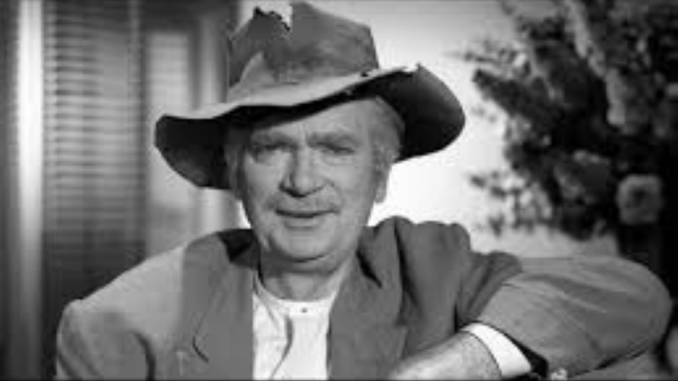
When The Beverly Hillbillies was in the works, the character of Jed Clampett was nearly written as a comic buffoon—uneducated, clueless, incapable of understanding much beyond the oil-rig life in the Ozarks. But Buddy Ebsen had other ideas. Before he agreed to play the patriarch, Ebsen insisted that Jed be written with dignity, kindness, and most of all, a dose of common sense.
Ebsen’s stipulation wasn’t small. In many rural-comedy scripts of the time, characters like Jed were meant purely as laugh generators: culture shock, confusion, odd behavior. But thanks to Ebsen’s request, the writers adjusted. Jed would still be out of his depth in Beverly Hills, but he would be portrayed as grounded—clever in his own way, moral, a man of integrity. He might be overwhelmed by city life, but he retained wisdom that came from mountain living, family values, and good sense.

This balance proved essential to the show’s heart. It’s one thing to laugh at a hillbilly who doesn’t understand a telephone or a bank loan. It’s another when that hillbilly is also sincere, kind, and occasionally wiser than the people around him. Jed Clampett became a figure people rooted for, not only to laugh at.
It’s easy to overlook how much this strengthened the show. The comedy was absurd, yes—but agency, respect, empathy were also embedded. Audiences got a character who was simple but not stupid, homespun but not unthinking.
By giving Jed this subtle dignity, Ebsen helped turn The Beverly Hillbillies into something more than slapstick. He shaped a character whose shortcomings made for laughs, whose virtues grounded the family’s antics. The result? A sitcom patriarch who endures in memory not just because he’s funny, but because he’s fundamentally good.